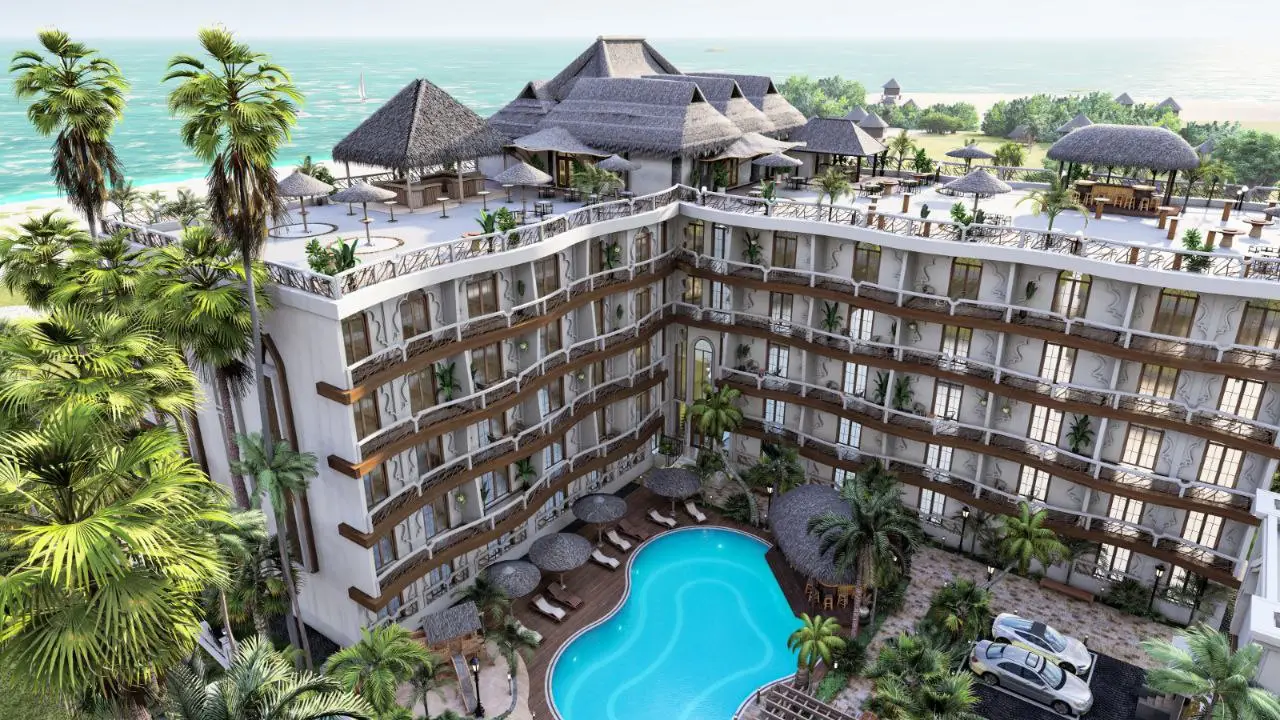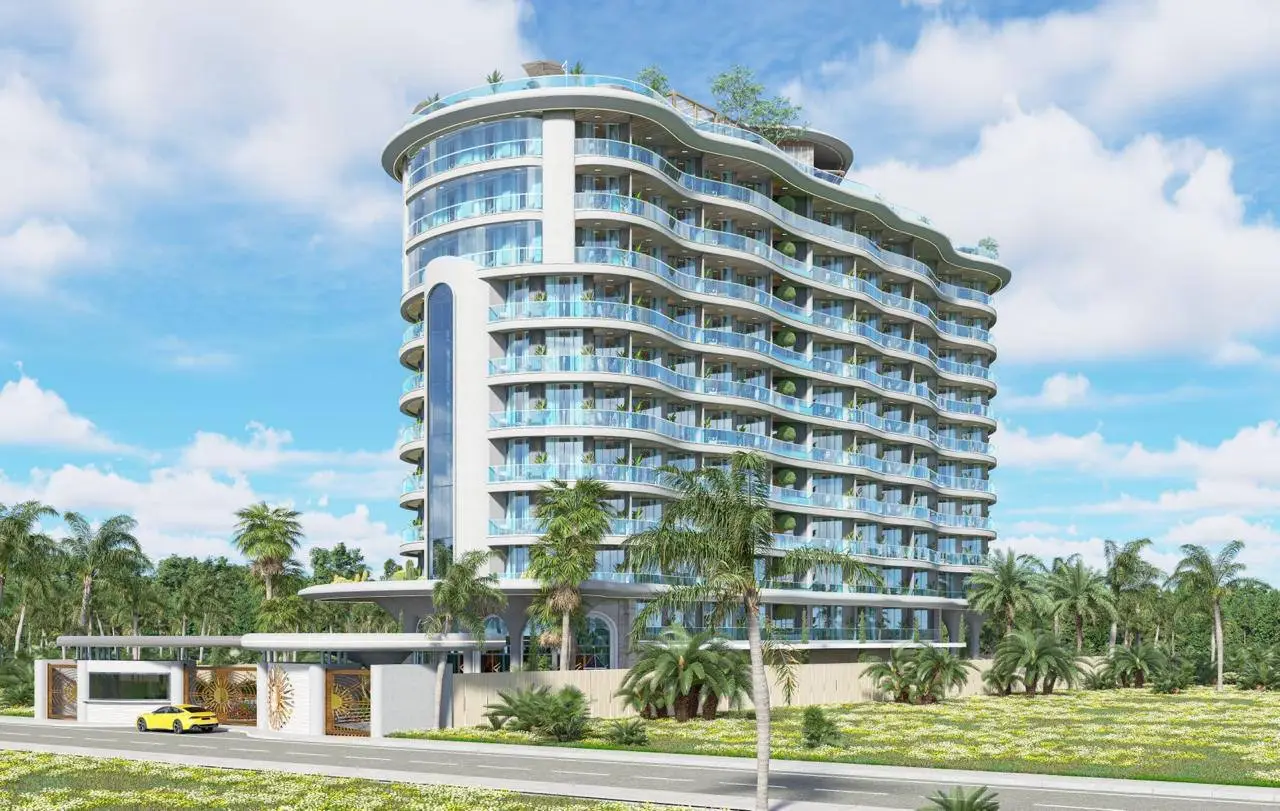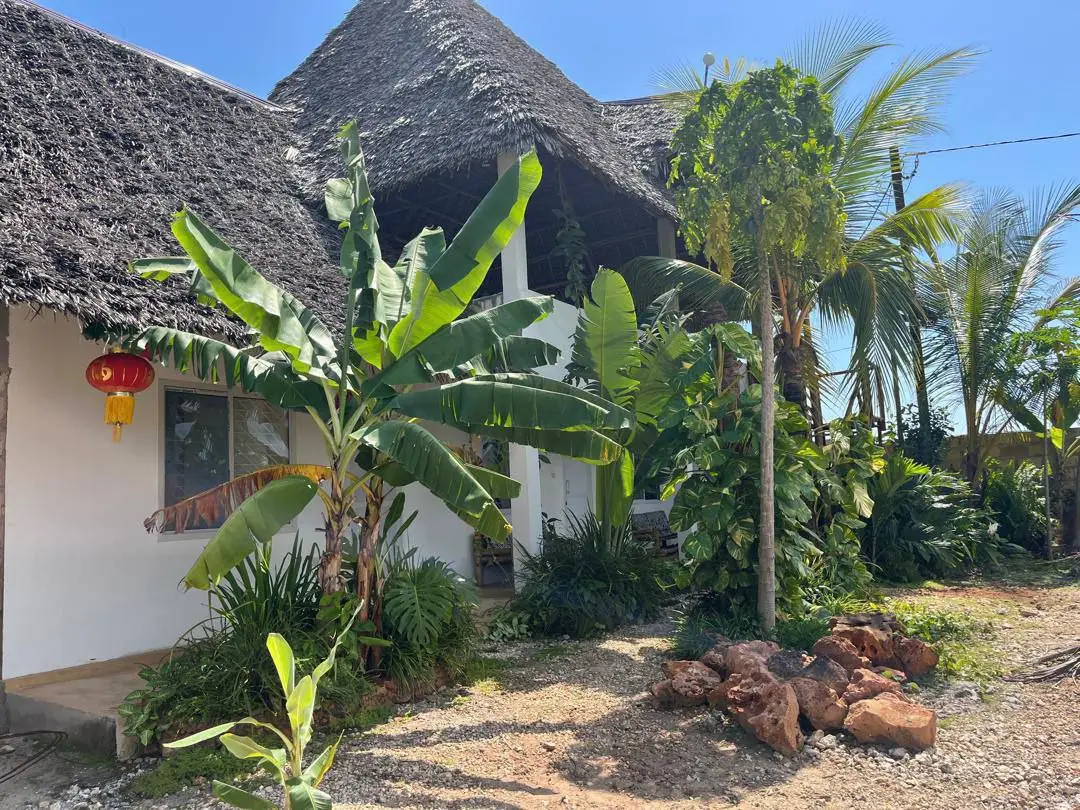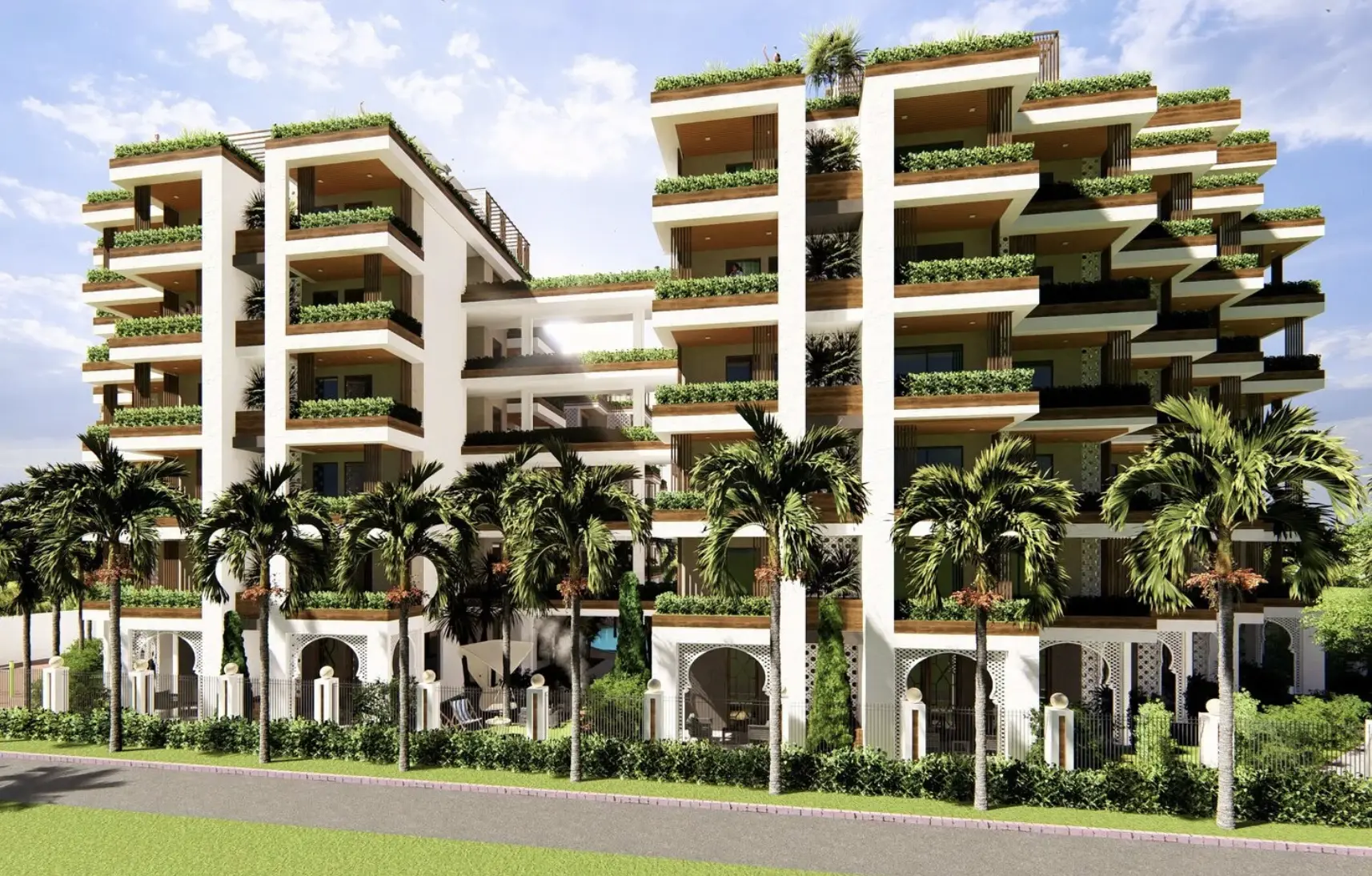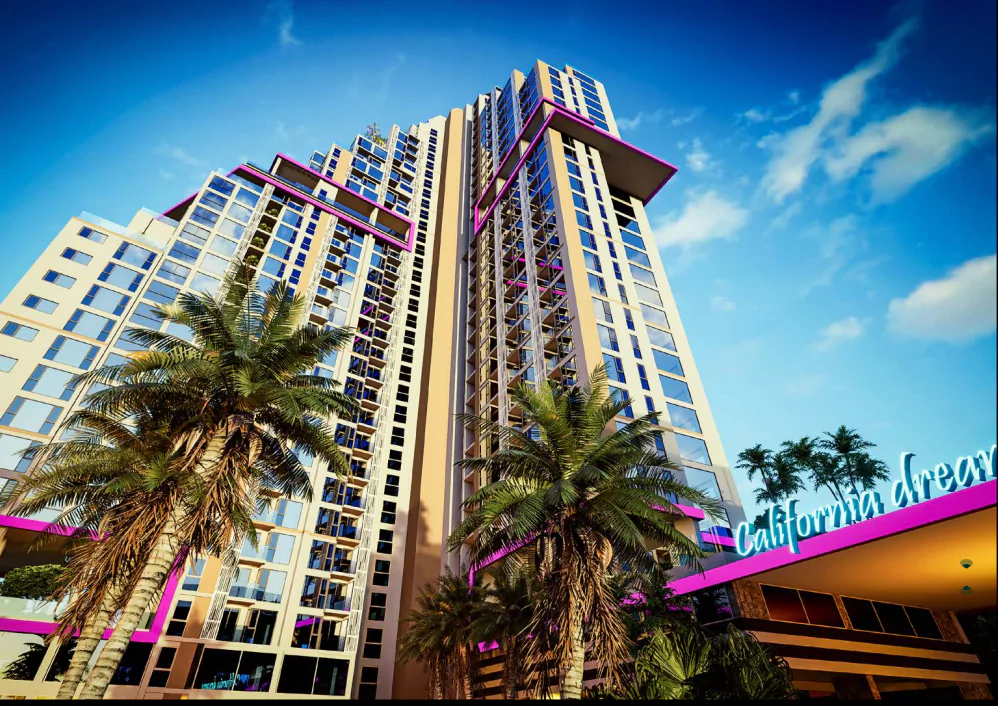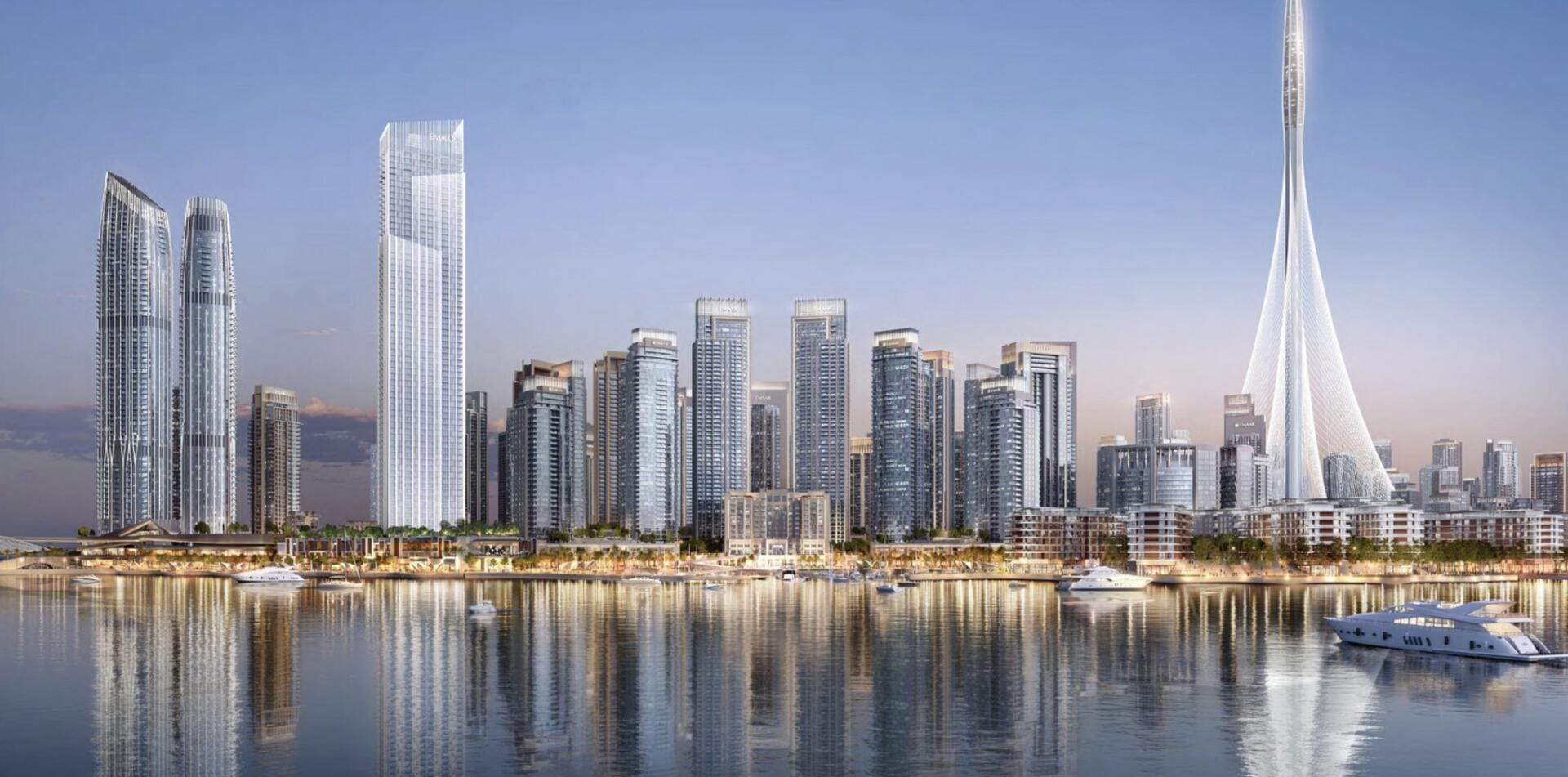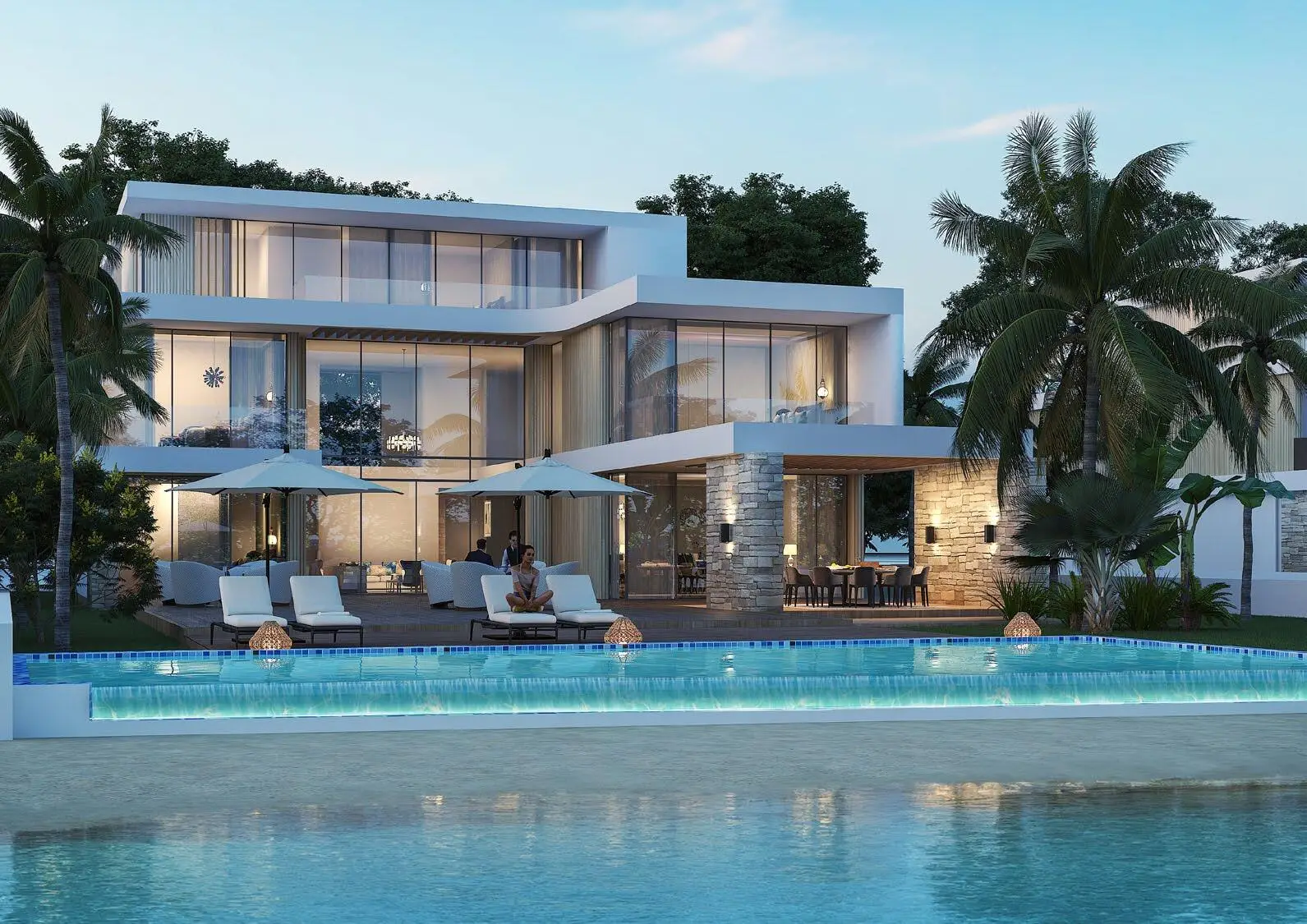
Life in Zanzibar: what you need to know before moving to Zanzibar
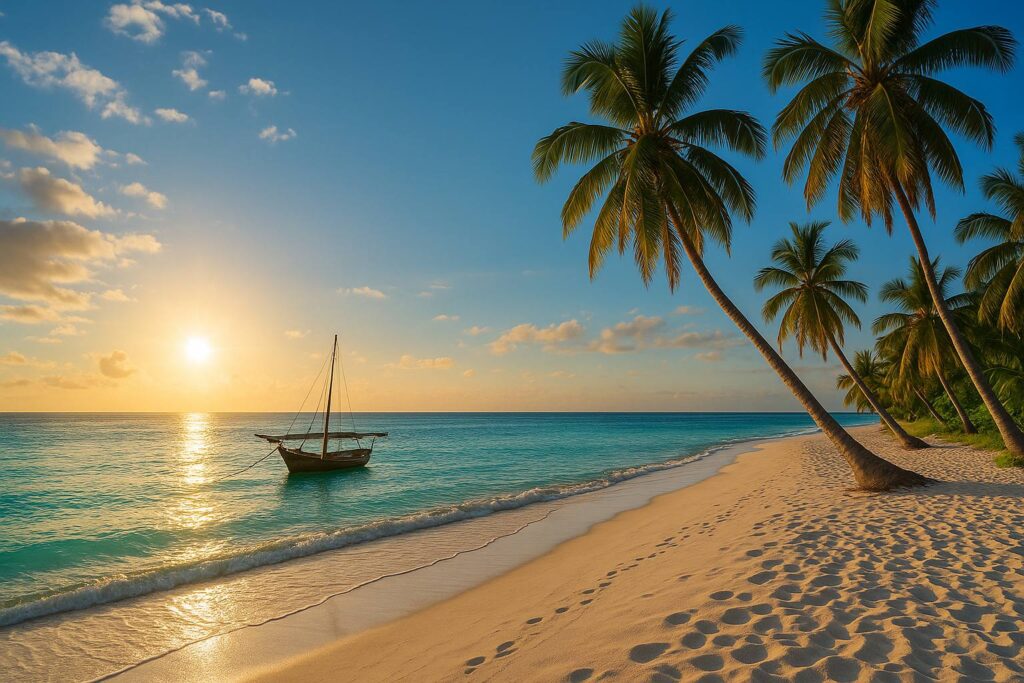

The island of Zanzibar - a brief portrait and attraction for relocation
Zanzibar is not just an exotic island, it is a place where a tropical paradise meets a rich cultural heritage. Zanzibar ArchipelagoLocated off the east coast of Africa, Tanzania is a semi-autonomous part of Tanzania, providing unique living opportunities.
1. Geographical and historical position
Zanzibar consists of 75 islands, but Unguja (the main island, often called Zanzibar) and Pemba are the most famous. The capital is Stone Tau, where traces of Arab and Portuguese influence remain.
Archipelago area is approximately 2,462 square kilometers, and population - about 1.6 million people. Zanzibar hosts only 5% of Tanzania's total population, making it a unique mix-cultural cluster.
2. Attractiveness for relocation
Climate and natureThe average annual air temperature is +28...+35 °C and the water temperature rarely drops below +27 °C. Zanzibar is surrounded by white-sand beaches and turquoise waters of the Indian Ocean.
Cost-effectiveness: The cost of living here is lower than in Europe and many other countries. For example, rent will cost $300-400 for a one-room apartment in the city. It is not at all difficult to find quality accommodation by the sea for relatively little money.
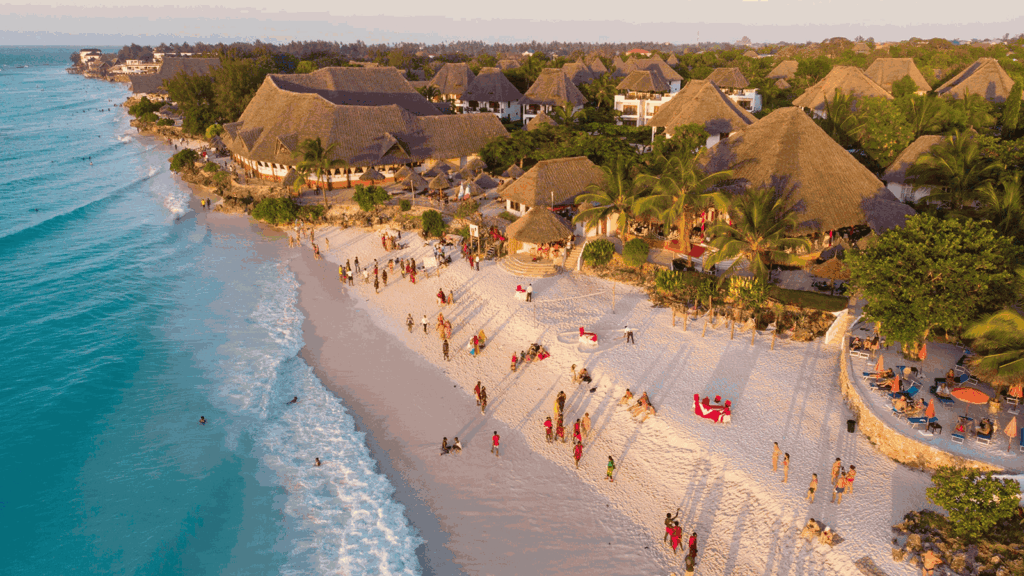
Cultural heritage: In Zanzibar you will find a colorful kaleidoscope of cultures - Swahili, Arabic, Indian and African, which creates a unique atmosphere of this island.
Lifestyle: Zanzibar offers a calm and relaxed pace of life, familiar to locals as "pole-pole", which translates to "slow-slow". It is the perfect place to enjoy a stress-free life.
Interest in Zanzibar as a place of permanent residence is growing among the expats thanks to the opportunity to merge business and leisure. Many visitors choose to work remotely, allowing them to enjoy all the delights of the island without having to be in the office every day.
Important: Before moving, you should familiarize yourself with visa requirements and local laws. This is an important step when planning your new life on the island.
Overall, the wealth of cultural heritage and economic advantages make life in Zanzibar suitable for people from all walks of life seeking a quiet and measured life.
Visas and legal status
Moving to Zanzibar requires a thorough understanding of visa and legalization regulations. This knowledge will ensure a legal stay on the island and a comfortable stay with minimal risks. Here we will look at the main visa categories and their peculiarities.
Tourist visa for 90 days and visarans
Tourist visa - is the easiest and most popular way to start your introduction to Zanzibar. In most cases, it can be obtained upon arrival in the country for US$50. This visa entitles you to stay in the territory 90 daysbut no more.
However, it is important to remember: a continuous stay of more than 90 days is not possible. In order to extend the period of stay, it is recommended to make the so-called visa wounds. These are trips to neighboring countries, such as Kenya, and then returning and getting a new visa.
Prices Visa fees can vary depending on the destination and the chosen mode of travel, but typically range from $100 to $300 per trip.
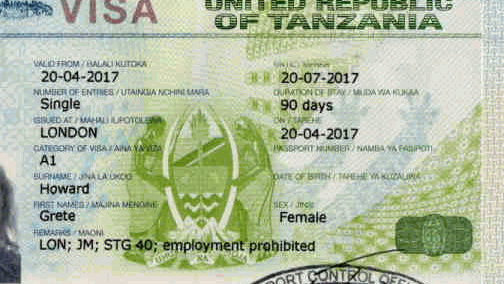
Tanzania residence permit - ways to get temporary and permanent residence permit
Those planning an extended stay in Zanzibar may want to consider getting a residence permit (IOU).
- Temporary residence permit: Available to those who have grounds for a long-term stay, such as employment, investments or pension status. Most often, temporary residence permit class C is issued, which is suitable for remote workers and pensioners. This document is usually valid for 2 years with the possibility of extension.
- Permanent residence permit (permanent residence permit): Can be obtained after 5 years of legal residence if certain requirements are met, such as financial solvency and no violations of the law.
Methods of obtaining a residence permit:
- Work: Existence of an employment contract and work permit.
- Business and Investment: Starting a business or making a meaningful investment.
- Retirees: Proof of stable income.
- Volunteers: Participation in approved projects.
Contact professional lawyers to ensure that the filing process is done without errors.
Tips on immigration and visa selection
- Start with a tourist visaThis allows you to assess the comfort of living in Zanzibar and learn the local realities on your own before the longer and more legally complex process of obtaining a residence permit.
- Annual multiple-entry visas: These visas are available for $100 and allow for more flexible travel plans.
- Choosing the right type of visa: Consider all available options: business visas, student visas, volunteer visas, choose the type that best fits your goals and plans.
The Council: Consultations with experienced professionals can help you understand the nuances involved in legalization in Zanzibar.
Careful study of visa issues and competent choice of legalization program will allow visitors not only to enjoy all the benefits of life on this unique island, but also to avoid legal difficulties.
Climate and seasonality in Zanzibar
Zanzibar, with its unique climate, is ideal for those who dream of living in a tropical paradise. The island's temperature and weather conditions have a significant impact on life here, and understanding this seasonality will help you to better plan your stay.
General climatic background
The island of Zanzibar is located in the tropical climate zone. The average annual air temperature usually ranges from +28 °C to +35 °C. The water in the ocean is pleasantly warm, usually around +28 °C.
Average air temperature: Pleasantly warm throughout the year, creating ideal conditions for beach vacations and active lifestyles.
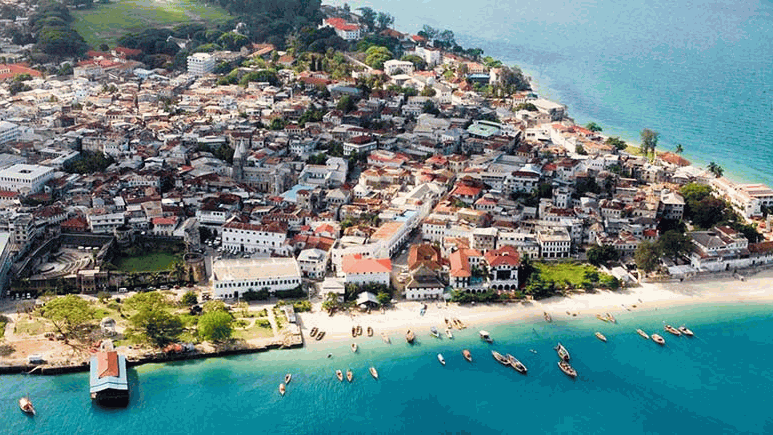
Rainy seasons and dry periods
Zanzibar has two main rainy seasons:
- Long rainy season: Usually lasts from March through May. During this time, heavy precipitation is possible, which may limit some outdoor activities.
- Short rainy season: Usually falls between October and November. Precipitation at this time is not as intense, but can affect travel related plans.
After the rainy season comes dry and comfortable periodThe best time to move to the island is from June to October. The best time to move to the island is between June and October. This is when the weather is most stable.
Practical advice for those moving
- Be sure to consider humidity: Although it is hot, the humidity can make the climate less comfortable, so having air conditioning in your accommodation will be a plus.
- Prepare for seasonal changes: Especially if you are planning a long term stay, it is important to know the basic weather cycles.
- Plan visits and activities with the weather in mind: This will help to avoid unnecessary inconvenience in recreation and daily life.
The Council: It is ideal to come "for reconnaissance" during a more favorable period to assess your strengths and preferences in the local climate.
Table of temperatures and weather conditions
| Month | Average air temperature (°C) | Average water temperature (°C) | Precipitation (mm) |
|---|---|---|---|
| January | 29 | 28 | 75 |
| February | 30 | 29 | 65 |
| March | 30 | 29 | 150 |
| April | 29 | 28 | 300 |
| May | 28 | 28 | 250 |
| June | 27 | 27 | 60 |
| July | 26 | 27 | 50 |
| August | 26 | 26 | 50 |
| September | 27 | 27 | 50 |
| October | 28 | 28 | 100 |
| November | 29 | 28 | 150 |
| December | 29 | 28 | 100 |
Knowing the climate and seasonal patterns of Zanzibar will help you plan your move properly, ensuring you have a comfortable and safe stay on the island.
Housing in Zanzibar - rent a house and buy real estate
Moving to Zanzibar in terms of accommodation has its own peculiarities. Learning about the local real estate market will help you adapt and enjoy life on this unique island.
Rental housing - prices and neighborhoods
Renting a property in Zanzibar involves a variety of options for all categories of movers:
- Stone TownAs the main city, it offers an urban rhythm of life. You can rent a studio apartment here for about $300-400 per month.
- On coasts such as. Kivengwa or Nungwia place with an ocean view could cost you $400-600.
- Private homes with a few bedrooms and a plot of land cost $600-1200 per monthdepending on location and comfort.
Rentals are often through local agents or Telegram/Facebook communities. It is recommended to enter into a 6-12 month contract at once specifying the terms of deposit and repair.
Buying real estate - what a foreigner needs to know
For foreigners, buying real estate in Zanzibar has its own legal intricacies:
Direct ownership of land is not available: Foreigners can avail of long-term lease (leasing) for 33-99 years.
Real estate prices: The cost of the apartment starts at $30,000and at home from $50,000. Prices vary depending on location and square footage.
It is necessary to understand the terms of the land lease agreement and seek advice from local lawyers. This will minimize risks and ensure the legality of the transaction.
Factors affecting the cost of housing
Rental and purchase prices vary depending on several key factors:
- Location: Housing by the ocean is more expensive. The west coast with calm seas attracts families.
- Infrastructure: The availability of amenities such as renovations, furniture, power generator and internet affects the cost.
- Type of housing: City apartments are different from luxury beach villas. Distance from the beach or the center can change the price.
Important: Before deciding whether to buy or rent, thoroughly research all the terms and conditions. Such measures will help you ensure a comfortable stay.
Understanding the local real estate market and the factors affecting home values will empower you to make informed decisions and enjoy the delights of living in Zanzibar.
Cost of living in Zanzibar - prices of food, transportation and services
When planning your move to Zanzibar, it is important to consider the costs of day-to-day living. Knowing the prices will help you budget effectively and avoid unexpected expenses.
Food and restaurants
Meals in Zanzibar can be either economical or exquisite, depending on your preference.
- Local markets offer fresh fruits, fish and seafood at democratic prices. A kilo of octopus costs about $5.which allows you to enjoy the exotic without spending a lot of money.
- Restaurants: Dinner at a tourist cafe will cost approximately $10 per personWhile visiting local establishments can cost as much as $5.
Average monthly food budget is about $200 per person. This approach allows you to enjoy the local cuisine and not exceed the planned costs.
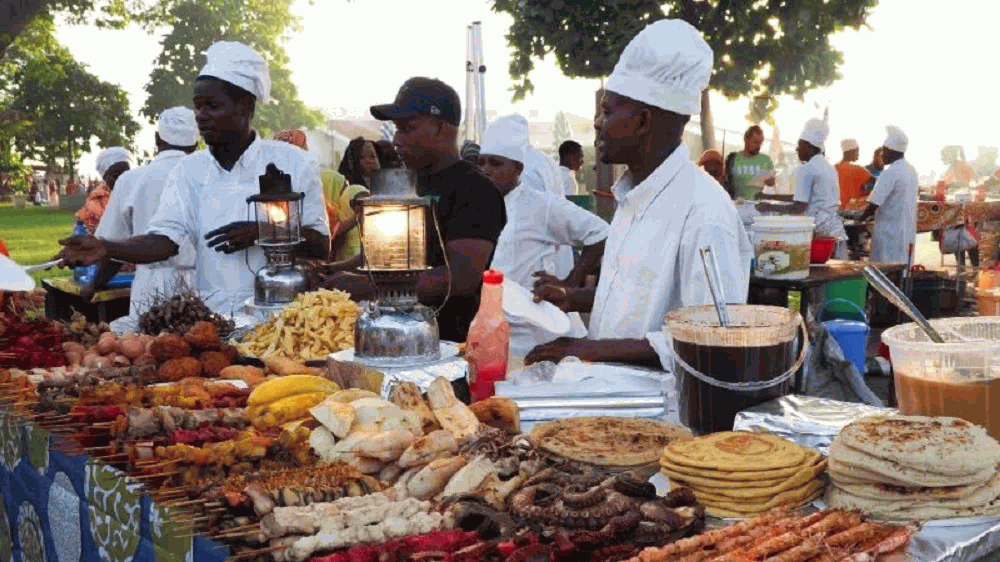
Transportation and communication
These areas also require thoughtful spending, especially for those who plan to move around the island extensively.
- Public transportation is represented by local "dala-dala" shuttle buses, the fare of which is symbolic. A more convenient solution is to rent a moped or cab, which costs more.
- Internet and mobile communications: Services are provided by operators such as Airtel and Vodacom. SIM card is issued by passportand the cost of an unlimited 4G package ranges from $20 to $30 per month.
Tip: Internet connection in Zanzibar is usually stable, allowing you to work remotely comfortably.
Other day-to-day expenses
These expenses form the main item of household spending in Zanzibar.
- Public utilities: Electricity and water are inexpensive, but outages can occur, especially during the hot months.
- Domestic services: Cleaning or babysitting services are affordable and usually cost much less than in Europe.
Medium monthly living expenses, excluding rent, are about $400. This makes Zanzibar an attractive place to stay on a tight budget.
Important: A well-planned budget is the key to a comfortable stay on the island. Take care to allocate funds for food and transportation to avoid unexpected expenses.
Taking into account all cost items, living in Zanzibar provides excellent value for money, allowing you to enjoy all the benefits of the island without undue financial strain.
Work and business in Zanzibar for foreigners
Zanzibar offers a unique opportunity to combine work and life in an exotic setting. Many visitors successfully find ways to integrate into the island's economic life, whether it be remote work, local employment or their own business.
Remote work and freelancing
Zanzibar attracts freelancers and remote workers due to its developed infrastructure and internet availability.
- Digital Nomads actively choose Zanzibar for work due to the availability of affordable but comfortable accommodation. Internet is stable, and unlimited 4G packages are priced as follows $20-30 per month.
- With low living expenses, remote workers can focus on their work without worrying about high costs.
Tanzaniaincluding Zanzibar, encourages remote workers and even makes it easier for them to apply for a residence permit.
On-site employment
Foreigners can also look for job vacancies in Zanzibar, although this can be more difficult for a number of reasons.
Knowledge of Swahili language will be an advantage when looking for a job in areas such as tourism and hotel business, where employees with knowledge of foreign languages are in demand.
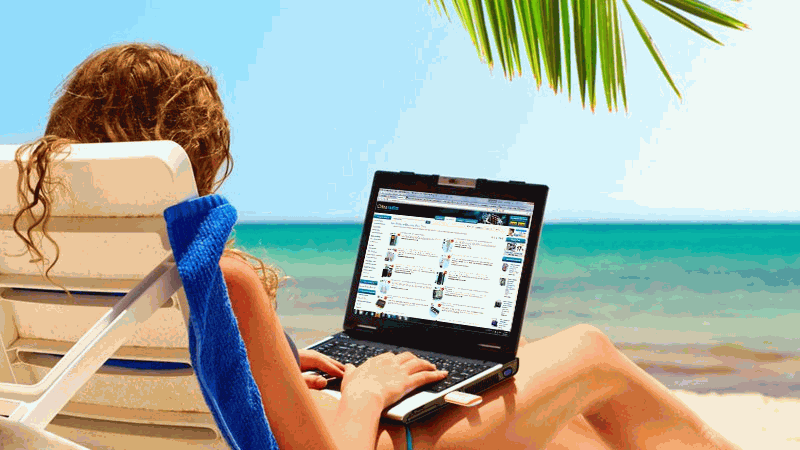
Average salaries of expats range from $700 to $2000 per month depending on the field. The main employment niches include teaching languages and working in private medical clinics.
The labor market on the island limitedand preference is often given to locals. However, experienced professionals can always find suitable opportunities.
Own business and investments
Zanzibar remains attractive to entrepreneurs and investors due to its growing tourism sector and relatively simple business registration process.
- Travel business offers many opportunities, given that the island receives a significant number of tourists each year. Investments in the hotel and entertainment business can be particularly lucrative.
- Business registration is characterized by relative simplicity, although it is worth bearing in mind possible bureaucratic hurdles. The formalization of the business is usually carried out without much difficultyBut it must be borne in mind that direct ownership of land by foreigners is not possible.
Zanzibar provides investment prospects to areas such as guesthouses, restaurants and water activities. However, investors should be prepared for the specifics of local legislative regulation.
Recommendation: Before starting a business or investing, it is advisable to consult with local lawyers and experts to minimize risks and increase the chances of success.
Zanzibar thus offers a variety of opportunities for foreigners seeking to combine life in a tropical paradise with a productive professional life. Whether freelancing, working locally or starting a business, the island is ready to offer conditions for successful integration and growth.
Zanzibar life and culture - an immersive experience of island life
Zanzibar is not only a paradise, but also a unique cultural environment that helps expats and tourists alike to immerse themselves in local life. Being familiar with the lifestyle and culture will allow you to adapt more quickly and enjoy all facets of this amazing island.
Population, language and traditions
Zanzibar is home to many cultures and ethnic groups. The majority of the population MuslimsThis imposes certain requirements on behavior and style of dress. It is recommended that women wear clothing that covers the shoulders and knees, especially in the city.
Languages: Official - Swahili and English. English is widely used in tourism and business, but knowing basic Swahili phrases will help you gain the trust and respect of the locals.
Zanzibar is known as the "Island of Spices". Spices are an important part of the local culture. The aromas of cinnamon, cloves and other spices fill the air and enliven the local markets.
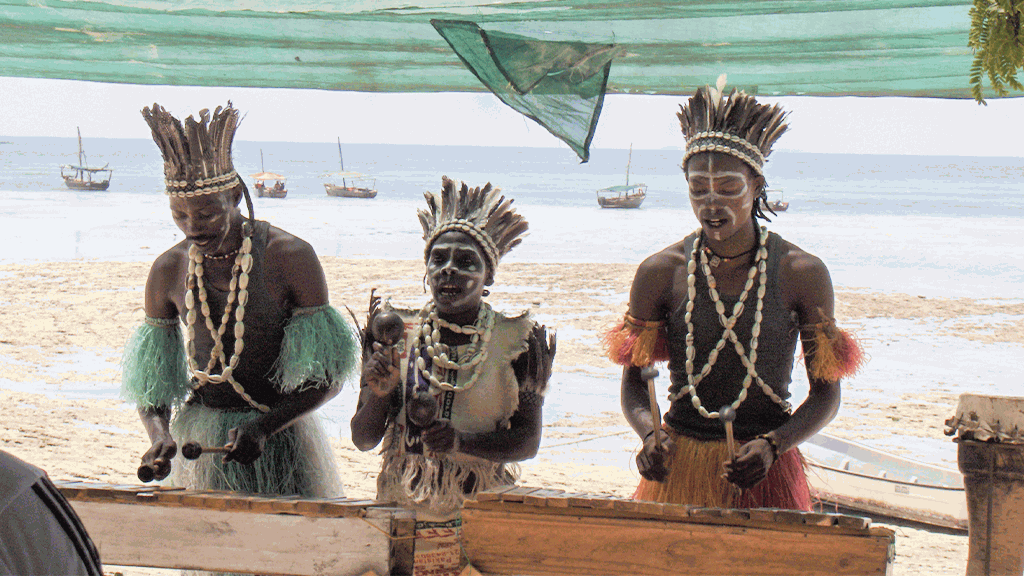
The expat community and life in a bubble
Expats in Zanzibar often form their own community, which helps them adapt faster and share experiences.
- In the aftermath of the pandemic, the island developed a significant Russian diasporaand more and more foreigners are turning to Zanzibar as a new home.
- Many expats live in a kind of "bubble", socializing primarily with other newcomers. This creates a comfort zone but can limit interaction with locals.
To make the integration more successful, Attend expat meetings, participate in local events and learn the culture through traveling around the island.
Daily life and habits
Life in Zanzibar moves at a slower pace than in metropolitan areas.
- pace of life: Residents live by the "pole-pole" philosophy, which means "slow-slow-slow". This is reflected not only in daily life, but also in work and services.
- Clothing and habits: It is sufficient to wear light clothing during the year, but cultural norms are important in public places.
Adopting a "hakuna matata" mentality - meaning "don't worry" - will help you better adapt to the island's leisurely and laid-back atmosphere.
The Council: Be tolerant and respectful of cultural differences. This will not only ease your adjustment, but also open doors to new acquaintances.
Understanding the different aspects of Zanzibar's lifestyle and culture will allow you to blend seamlessly into local life and make your experience on the island a rich and memorable one.
Safety and health care on the island
Zanzibar is a popular destination not only for tourists, but also for those who choose it as their new home. It is important to understand the safety measures and health conditions the island offers.
Security level
In general, Zanzibar is considered a safe place to live and travel, especially in the tourist areas.
- Crime situation: There are no serious armed conflicts on the island, making it a stable place to live. Nevertheless, standard precautions are always relevant: do not leave valuables unattended on the beach and avoid poorly lit areas at night.
- Traffic: It can be chaotic and you are advised to cross roads with caution and pay close attention to traffic, especially in busy areas.
The cost of living in Zanzibar attracts visitors, but it's important to remember basic safety rules to prevent unpleasant situations.
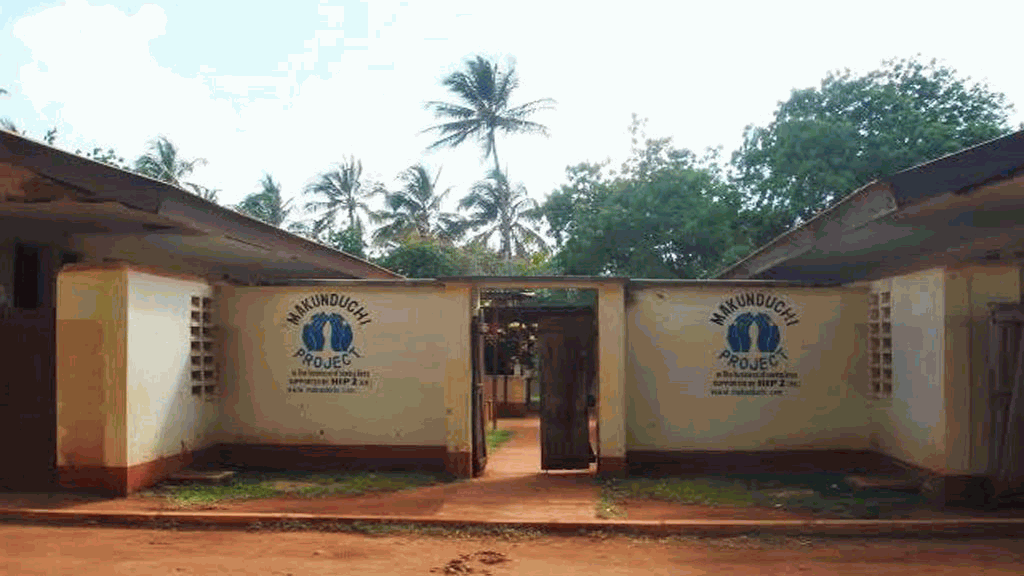
Medicine and health
Health care on the island requires additional attention, as the level of medical care can differ significantly from what is usual in developed countries.
- Public hospitals often face a shortage of equipment and skilled professionals, which can be difficult in complex cases.
- Private clinics offer better services, but it can be expensive. The cost of a consultation at a private hospital can start at $50 and beyond.
Tip: It's mandatory to have health insurance with coverage for overseas treatment and evacuation to maximize safety.
Vaccinations and prevention: Vaccinations against yellow fever, hepatitis and malaria are recommended before moving. The use of mosquito nets and repellents also helps minimize the risks of tropical diseases.
- Pharmacies on the island usually offer basic medications, but it is better to bring specific medications from home.
Important: Planning and prevention can help you effectively manage your health risks, keeping you safe while living in Zanzibar.
Understanding the level of security and medical infrastructure in Zanzibar will make you feel confident and comfortable, ensuring that you have a relaxing and enjoyable stay on this paradise island.
Conclusion and practical advice for those moving to Zanzibar
Moving to Zanzibar promises a unique living experience surrounded by tropical nature and rich cultural heritage. However, for this move to be successful, it is important to prepare carefully and consider all the nuances of life on the island.
Moving preparation checklist
- Learn the visa rules: Start with a tourist visa and apply for more permanent documents on the spot if you plan to stay for a longer period of time. Review the visa requirements and decide which type of visa is right for you.
- financial cushion: Prepare an emergency fund. Although the cost of living in Zanzibar is lower than in Europe, unexpected expenses are always possible. It is recommended to have around $500-1000 for unexpected expenses.
- Take care of your health: Get a health check (including a dentist) and necessary immunizations.
- Documents: Prepare and translate notarized powers of attorney, certificates, etc.
- Plan for housing: Explore neighborhoods and offers for renting and buying homes. Register on platforms and communities to find homes through agents.
- Prepare the necessary items: Include items you can't get on the island, such as special medicines or favorite foods.
Take into account that the island may not have the services and goods you are used to. It's worth bringing everyday items that may be more expensive or less available here.
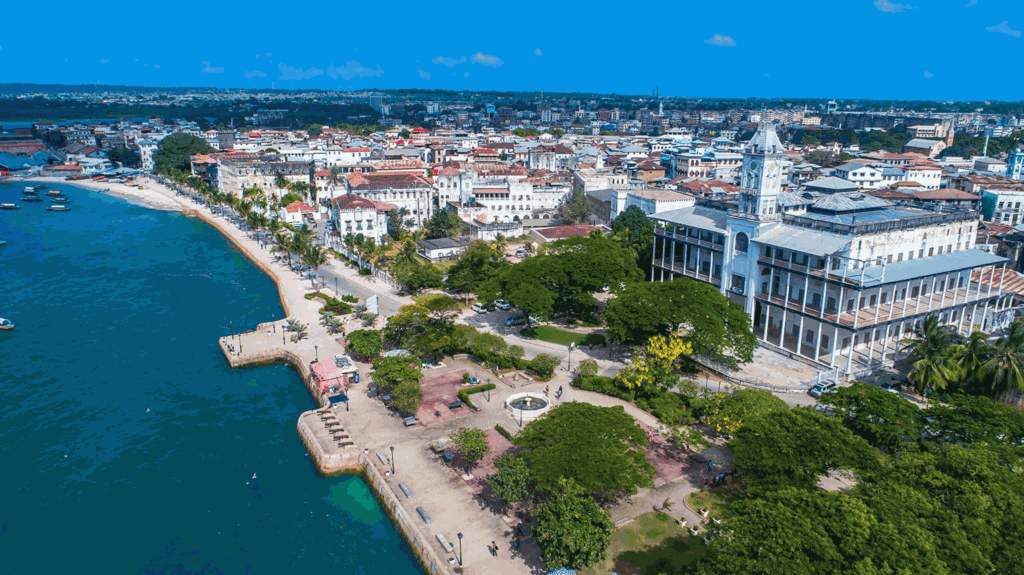
Final recommendations and adaptation
- Study visit: Before making a final decision to move, spend a few months on the island on a tourist visa. This will help you get to know the local conditions better and make sure they are really suitable for you.
- Flexibility and patience: Be prepared to accept the local rhythm of life, its slowness and tranquility. The pole-pole culture will help you settle in and find joy in every day.
- Social adaptation: Join the expat community through events and online groups, it will make it easier to start a new phase of your life.
Zanzibar offers not just a vacation, but the opportunity to integrate into a community with unique traditions and lifestyles. By following these recommendations, you will be able to enjoy all the delights of the island while being safe and enjoying stability.
Our company is happy to help you find the perfect property for investment in Zanzibar. We offer professional advice and individual approach to each client. Leave a request on our website and our experts will contact you to discuss all your wishes and requirements.
The average annual temperature ranges from 28 to 35 °C.
A tourist visa costs about $50 USD and allows you to stay on the island for 90 days.
Foreigners are prohibited from owning land outright, but can sign a long-term lease for 33-99 years.
The best time to move is from June to October, when the climate is most comfortable.
Tourism, real estate investment, hotel business and language teaching are the main areas with demand for foreign specialists.
Renting an apartment by the sea will cost in the neighborhood of 400-600 dollars per month.
Standard precautions are recommended: do not leave belongings unattended and avoid dangerous areas at night.
Vaccinations against yellow fever, hepatitis and malaria are recommended.
Public hospitals are often under-equipped, it is better to use private clinics.
Zanzibar has a vibrant expat community, including a significant Russian-speaking diaspora.
What is the average air temperature in Zanzibar?
The average annual temperature ranges from 28 to 35 °C.
How much does a tourist visa to Zanzibar cost?
A tourist visa costs about $50 USD and allows you to stay on the island for 90 days.
Can foreigners own land in Zanzibar?
Foreigners are prohibited from owning land outright, but can sign a long-term lease for 33-99 years.
What is the best time to move to Zanzibar?
The best time to move is from June to October, when the climate is most comfortable.
What areas are in demand for employment of foreigners?
Tourism, real estate investment, hotel business and language teaching are the main areas with demand for foreign specialists.
How much does it cost to rent a house in Zanzibar by the sea?
Renting an apartment by the sea will cost in the neighborhood of 400-600 dollars per month.
What safety precautions should be observed on the island?
Standard precautions are recommended: do not leave belongings unattended and avoid dangerous areas at night.
What immunizations do I need before traveling to Zanzibar?
Vaccinations against yellow fever, hepatitis and malaria are recommended.
What is the level of medical care in Zanzibar?
Public hospitals are often under-equipped, it is better to use private clinics.
What is the expat community like in Zanzibar?
Zanzibar has a vibrant expat community, including a significant Russian-speaking diaspora.

